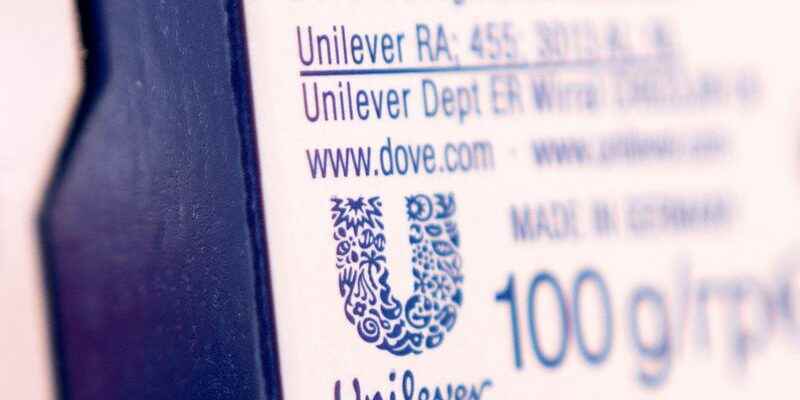Earlier this year, the maker of Knorr bouillon cubes and Magnum ice cream came under criticism from some shareholders for the importance it attaches to the social purpose of brands. It has set a goal of net zero emissions by 2039.
Analysts say the backing of Mr. Peltz, who joined Unilever’s board in July, will help implement this strategy. The investor, whose hedge fund Trian has built a roughly 1.5% stake, is used to building stakes in consumer-focused companies and influencing strategy.
“He (Peltz) and the rest of the board are very supportive of the work we’re doing,” Rebecca Marmot, Unilever’s head of sustainability, told Reuters.
Trian declined to comment.
In May, Trian said he would work with Unilever’s management and board “to help lead Unilever’s strategy, operations, sustainability and shareholder value for the benefit of all stakeholders”.
The hedge fund supports sustainable investing and believes that “consideration of ESG (environment, social and governance) factors improves our overall investment process” and “can encourage portfolio companies to implement ESG-related initiatives.” “, according to its website.
Unilever says on its website that its 400 brands “are on a global mission to do good”. Many support social or environmental causes, such as recycling plastics in the case of Hellmann’s mayonnaise.
Not all investors gave their support.
Terry Smith, who owns around 0.85% of the company’s shares through his Fundsmith vehicle, in January accused Unilever of being “obsessed with publicly displaying sustainability credentials at the expense of focusing on business fundamentals”. company”.
Smith declined to comment for this story.
BIG INVESTORS
Marmot, who has been in the role for more than three years, has reached out to more investors than before. Whereas previously it was aimed primarily at “specialty” sustainability investors, it now participates “in many conversations with BlackRock and all the major investors.”
Shares of Unilever have underperformed rivals including Procter & Gamble and Nestl over the past year, reflecting what one investor called “low sales growth due to their portfolio landscape.” Unilever has come under some criticism for clinging to certain brands that have experienced weak growth in recent years, particularly in its food business.
Asked what she thinks of investors who want Unilever to focus less on sustainability, Ms Marmot replied: “Well, everyone is entitled to their own opinion…it’s a strange approach to say that we do too much.
“We are going through the process – and it’s an ongoing project that I’m working on at the moment – of establishing a decarbonization plan for each of our five business groups,” she said. addition.
The five business groups are Beauty and Wellness, Personal Care, Home Care, Nutrition and Ice Cream.
Ms Marmot said the process – which the board supports “100%” – would affect the way Unilever runs its factories, develops its R&D products and works with its suppliers.
Meanwhile, shareholders are alert to increased scrutiny from financial watchdogs in the United States and Europe on how companies report on their impact on the environment and on societies around the world.
“Companies that act ethically tend to favor long-term shareholder returns and that’s primarily what concerns me,” said Jack Martin, fund manager at investor Oberon Investments.
“They make a lot of goods, so if they can reduce their carbon footprint and be more sustainable, I think stocks will trade at a premium.”
